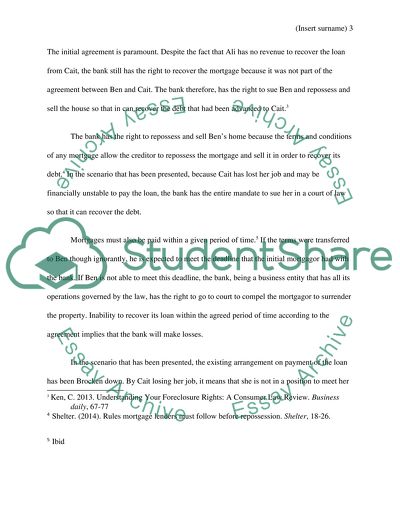Cite this document
(“Land law Essay Example | Topics and Well Written Essays - 3000 words - 4”, n.d.)
Land law Essay Example | Topics and Well Written Essays - 3000 words - 4. Retrieved from https://studentshare.org/law/1666265-land-law
Land law Essay Example | Topics and Well Written Essays - 3000 words - 4. Retrieved from https://studentshare.org/law/1666265-land-law
(Land Law Essay Example | Topics and Well Written Essays - 3000 Words - 4)
Land Law Essay Example | Topics and Well Written Essays - 3000 Words - 4. https://studentshare.org/law/1666265-land-law.
Land Law Essay Example | Topics and Well Written Essays - 3000 Words - 4. https://studentshare.org/law/1666265-land-law.
“Land Law Essay Example | Topics and Well Written Essays - 3000 Words - 4”, n.d. https://studentshare.org/law/1666265-land-law.


